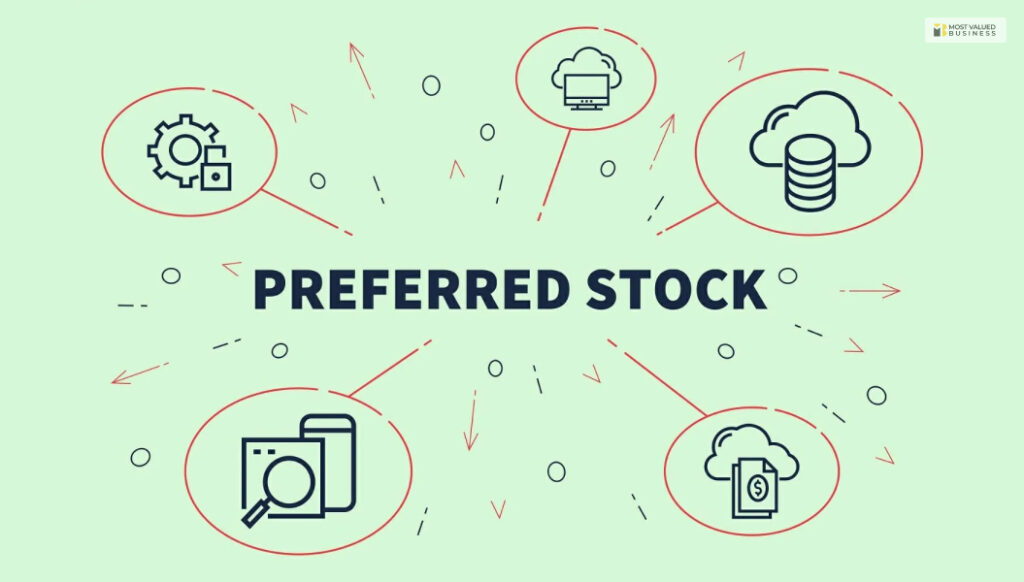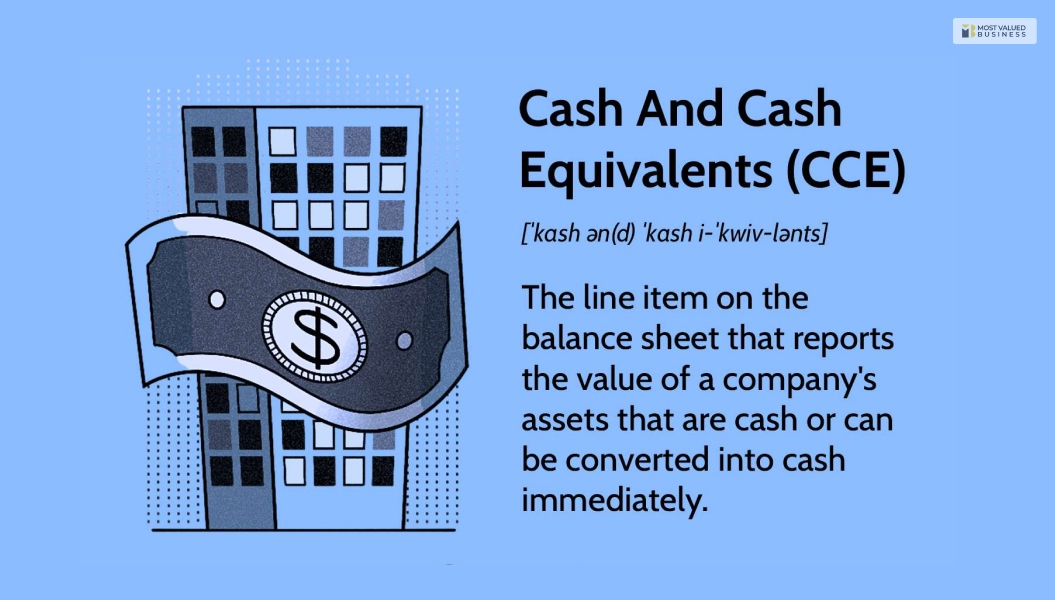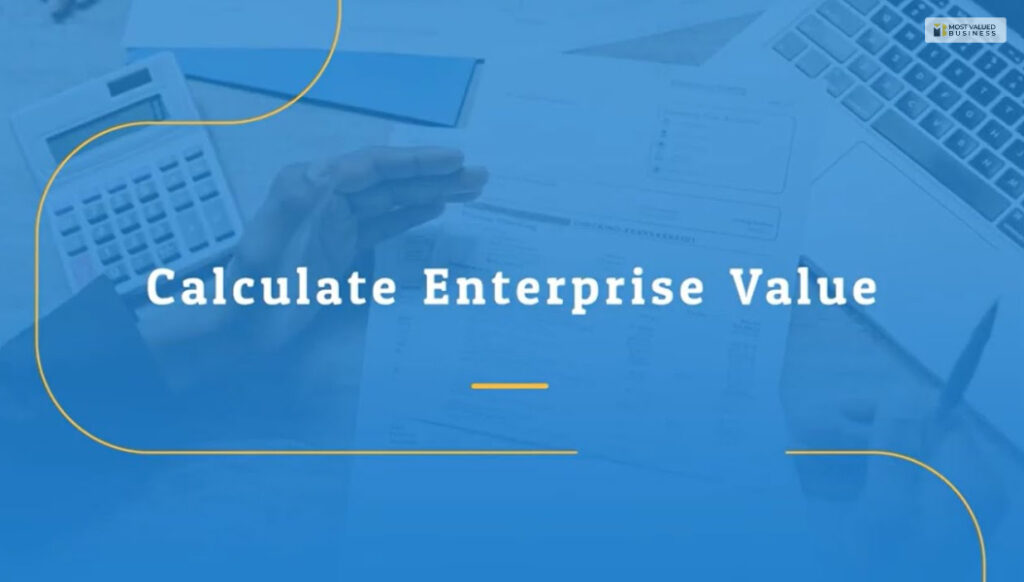What Is Enterprise Value Calculation? Why Is It Important
Businesses are valued or evaluated for different reasons. Mergers and acquisitions are among the most valid ones. We recently saw Elon Musk acquire Twitter and Microsoft acquire Activision Blizzard. Go through this article to clearly understand what enterprise value calculation is and how it works.
But before these acquisitions happen, there is thorough enterprise value calculation in place. Among the different parameters of the valuation of a business, this is a prioritized one. But there are several components behind evaluating a business. It has many benefits and significance investors and other businesses cannot ignore during a merger or an acquisition.
What Is Enterprise Value?

When we are talking about enterprise value calculation, we are calculating the entire value of an enterprise. It is simply not the evaluation of the equity value a company has. This value calculation ensures the listing of all asset claims, ownership interests rising from debt & equities, etc.
The most interesting fact is that a business’s enterprise value is considered through the EV. It is the minimum price a business needs to pay to acquire another.
Read More: What Is Marketing And What Are The Types Of Marketing?
Different Components of Enterprise Value
There are different components included in the enterprise value of an EV. Here is a quick overview of different components added to the enterprise value calculation of any enterprise –
Equity Value

The first of the components of the EV calculation of an enterprise is the equity value. It is usually calculated by multiplying the completely-diluted market shares of the business outstanding with the per-stock price.
The term fully diluted means including convertible securities and warrants aside from basic shares outstanding.
Preferred Stock

Since they are hybrid securities, these types of stocks have the qualities of both equities and debts. However, the preferred stocks are seen as debt in the EV calculation components. The primary reason behind this is that these stocks pay out fixed amounts in dividends. They also have more priority as assets when compared with common stocks. In the case of acquisition, they get paid off like debts.
Minority Interest

This component of the Enterprise value calculation is also known as a minority interest. It is a scenario where a shareholder has less than half of the complete outstanding shares. This refrains any shareholders from having any control over the decisions made.
Cash & Cash Equivalents

One of the detrimental factors which govern how the enterprise value calculation plays out is the Cash & Cash equivalents. Cash equivalents include commercial paper, short-term investments, marketable securities, etc. These values are subtracted from the Enterprise value calculation. This is done to lower the acquiring cost of a firm.
Experts believe that the acquirer uses the price to payoff some portion of the buyback debt or the theoretical price.
Importance of Enterprise Value Calculation

The calculation of enterprise value calculation is not necessary; it has a certain level of undeniable significance. Here are some points I wanted to highlight –
- Business entities can find out the worth of a company in target through EV calculation.
- It allows evaluation of the economic value of any business that is under question.
- Enterprise value calculation is the theoretical takeover price. It also accounts for the cash and the debt to be pocketed by the acquirer.
- Different businesses in different industries have different capital structures. Thanks to the calculation of enterprise value, it allows acquirers and investors to evaluate and compare businesses. Also, the process is easier and more reliable.
- When it comes to neutralizing stock market risks, it helps compare the expected returns of the businesses effectively.
Yes, undoubtedly, market capitalization for a business is a vital component. But, for companies that are not listed, it may prove to be of little use. It is the same for the businesses that are quoted at face value.
The share prices of a company can also be manipulated to display a higher value. This is possible for businesses that are publicly listed or have a limited float. That is when the above-mentioned components fall short.
It is also important for business entities to factor in different financial metrics, such as – cash flow, asset replacement, and debt level, for achieving a proper business valuation. However, a better business evaluation requires more than just enterprise value calculation. Investors or acquires need to compare a business with other competitors in the same industry to get trustworthy data.
Insights To Gain From Enterprise Value Calculation

You can already assume that EV offers an accurate valuation of an enterprise’s value in the market. Here are different insights business owners and investors can gain from the EV –
- The first insight it offers is related to the valuation of a business. Based on it, it is possible to calculate the other company’s interest in purchasing that company.
- There is a chance that the EV of a company will go negative. This happens when the total value of the cash and cash equivalents surpass the combined sum of its debts and market caps. This means that the company has too much unused cash and they are not using the assets properly.
- When the report shows that there is extra cash, it can be streamlined and used for – buybacks, maintenance, bonuses, research and development, expansion, employee pay raises, or paying off debts.
Frequently Asked Questions!! (FAQs):
Here are some questions and answers. Hopefully, they will erase many of your doubts.
Ans: When a business has a high EV/market cap, it means that the company has outstanding debt and less cash. This is a clear indication to investors that this company poses a high risk when it comes to investments. On the other hand, a lower EV means that a company has less debt and more cash, hence a good sign for investment.
Ans: During the evaluation of a business, the EV/EBITDA needs to be under 10 for a positive score. Anything above can be risky for investment or acquisition.
Ans: There are many websites that allow businesses to calculate their EV. These value calculators require different inputs to calculate the business value accurately. – Stake, odd of the wager, and the win percentage of your bet.
Read More: Mastering The Art Of Inbound B2B Marketing Funnels
Bottom Line
Evaluation of enterprise value is one of the key measurements for business acquisition and merger. A proper calculation of the same can result in a business’s success or failure due to incorrect calculation. We have previously talked about enterprise value calculation formulas and processes. Hopefully, this article should suffice the significance part. I hope that this article added value to your research. But if you have any queries, please let us know through the comment section.
Read More:



